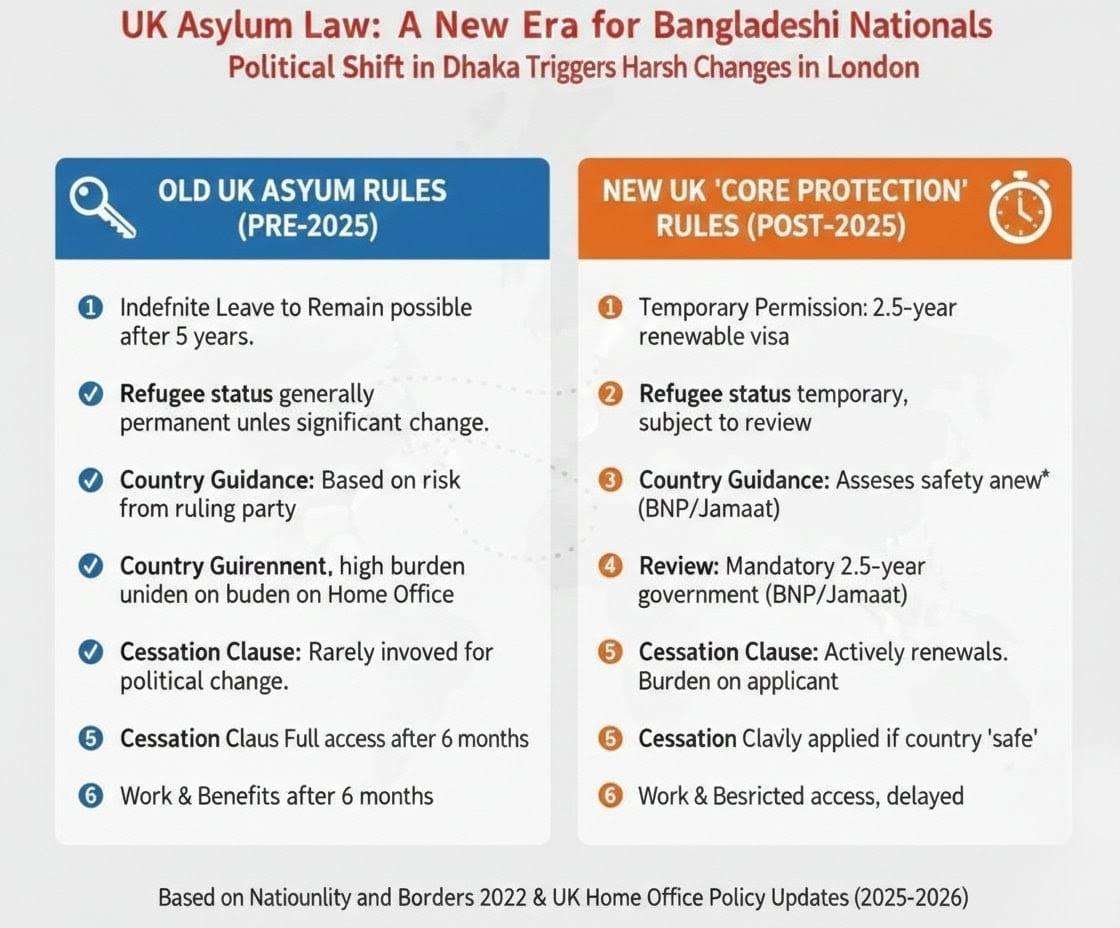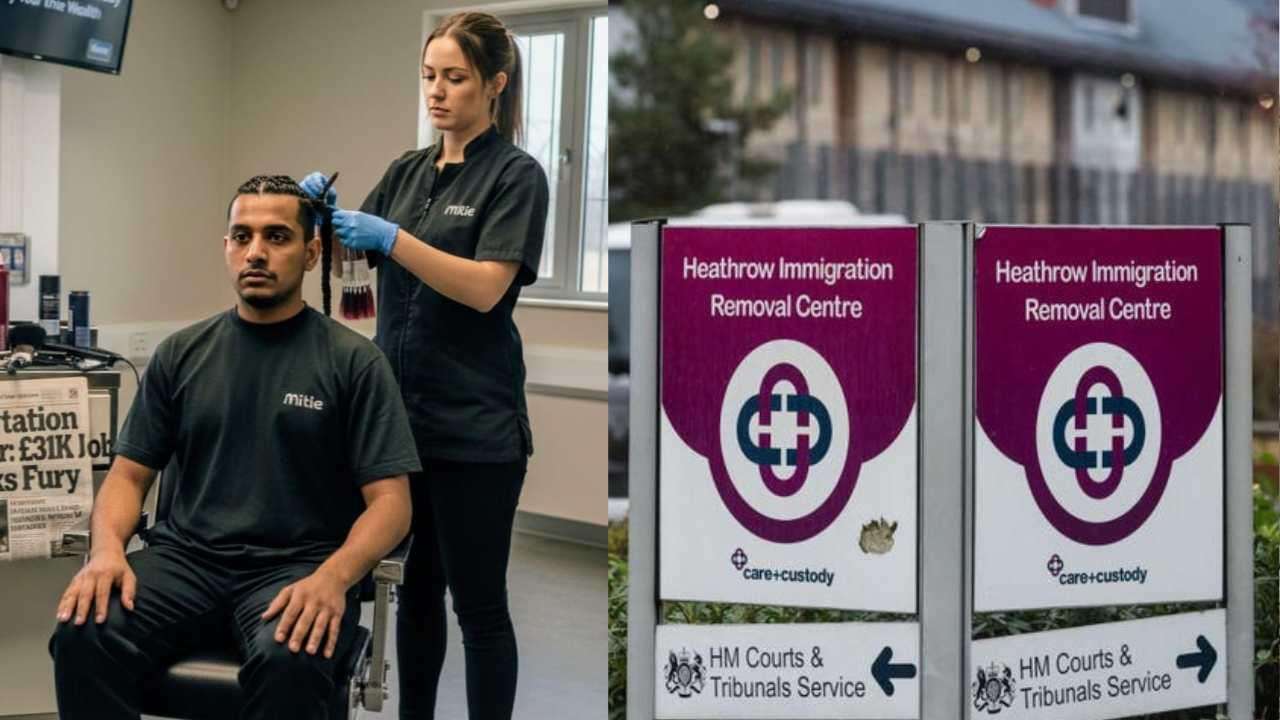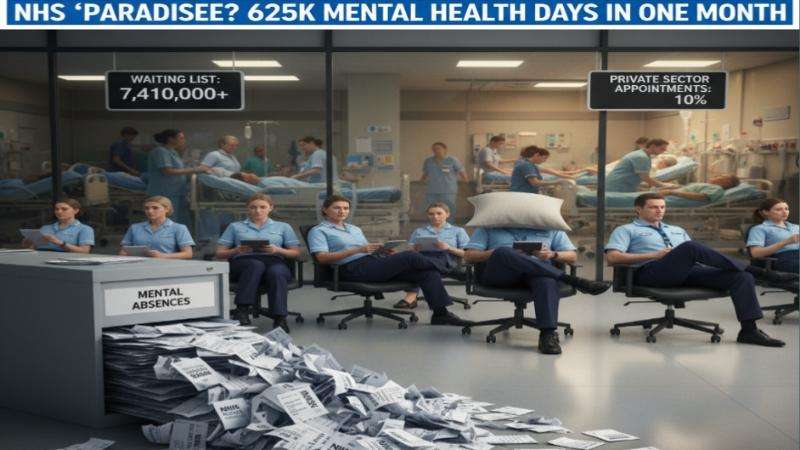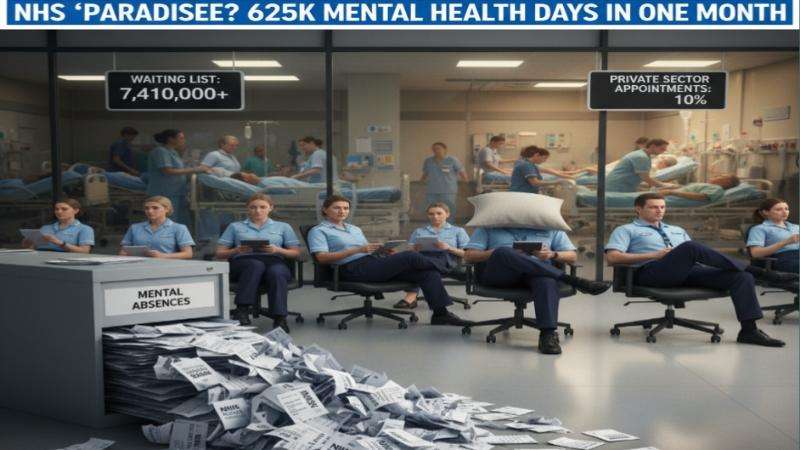The private contractor running the UK's largest immigration removal centre (IRC) has ignited a furious public debate by advertising a £31,585-a-year full-time position for a hairdresser and barber, tasked with providing cutting, braiding, and dyeing services to detainees awaiting deportation.
The role, advertised by Mitie for the Heathrow Immigration Removal Centre (HIRC)—a massive facility combining Colnbrook and Harmondsworth with capacity for around 965 detainees—is justified by the company as a necessary component of its "contractual obligations" to meet the "cultural needs" of those in detention. Mitie is the Home Office’s leading provider of immigration removal services.
A 'Value for Money' Clash
The generous salary, which includes access to "excellent company benefits" for a 40-hour week, has been met with fierce criticism, particularly from groups monitoring public spending.
William Yarwood, Media Campaign Manager at the TaxPayers’ Alliance, lambasted the expenditure, stating: "It’s outrageous that taxpayers are funding haircuts for people who are being deported... The only thing that deportees should be getting cut is the amount of time they spend in the UK." This sentiment frames the issue as an unacceptable use of public funds amidst broader economic pressures and shortcomings in essential public services.
In defence, a Mitie spokesman insisted the role "is standard practice in secure environments" and reaffirmed their commitment to providing "value for money" in coordination with the Home Office. The Home Office itself distanced itself from the direct funding of the role, stating: "We do not directly fund these roles.” However, the cost of all services, including this one, is covered through the overall contract paid to Mitie by the Home Office.
Contrasting Realities: Welfare and Conditions
The controversy over what some critics deem a 'luxury' service is set against the backdrop of recently documented, challenging conditions at HIRC.
In a recent inspection, officials reported finding "the worst conditions they have seen in immigration detention" at Harmondsworth IRC just last year. The inspection highlighted widespread issues, including drug-taking, assaults, a lack of staff supervision, and a majority of men reporting that they felt unsafe.
Updated information confirms, however, that substantial efforts have been made to address these major failings. A follow-up review, published in April, noted "excellent progress" at the site. The inspectors praised the centre's leadership for acting decisively, leading to "much better living conditions," reduced self-harm, and a "generally calmer and safer atmosphere" due to staff more consistently challenging unacceptable behaviour.
Mitie’s job description for the hairdresser explicitly mandates creating and maintaining a "safe, secure, positive and friendly environment where detainees feel welcomed and respected," suggesting the role is viewed as integral to detainee welfare and rehabilitation, not merely an optional amenity. This is further reinforced by the fact that Mitie is also advertising for a £30,000-per-year chef and various religious chaplains (Buddhist and Hindu) at the centre, indicating a contractual focus on providing a broad range of welfare and cultural support services.
Wider Context of Detention Expansion
Mitie’s expansion of services continues elsewhere, having been awarded a six-year contract in July to run the reopened Campsfield Immigration Removal Centre in Oxfordshire. Campsfield, set to be the UK's first 'all-electric' green IRC, has been described as a key part of the government's strategy to increase the removal of individuals who have no legal right to remain in the UK. This wider programme shows an ongoing commitment to detention services, with all associated costs, including welfare roles, coming under intense scrutiny.
The recruitment of a well-paid specialist barber at the UK's flagship IRC therefore crystallises a broader, national debate on the ethics, transparency, and value-for-money of the private sector's role in the highly sensitive immigration detention system.
Would you like me to find the reaction of any immigrant welfare or human rights groups to this job advert, or compare the salary to similar public sector roles?








.svg)



